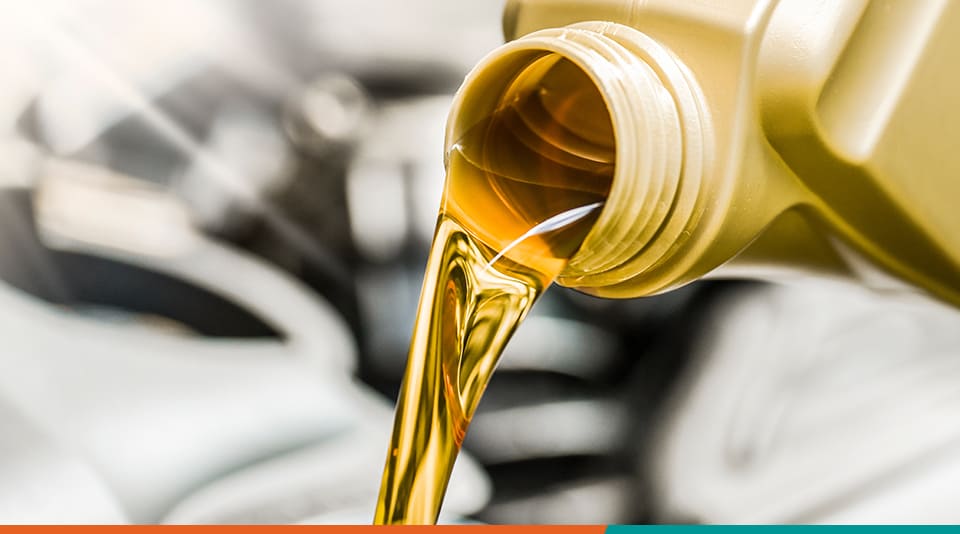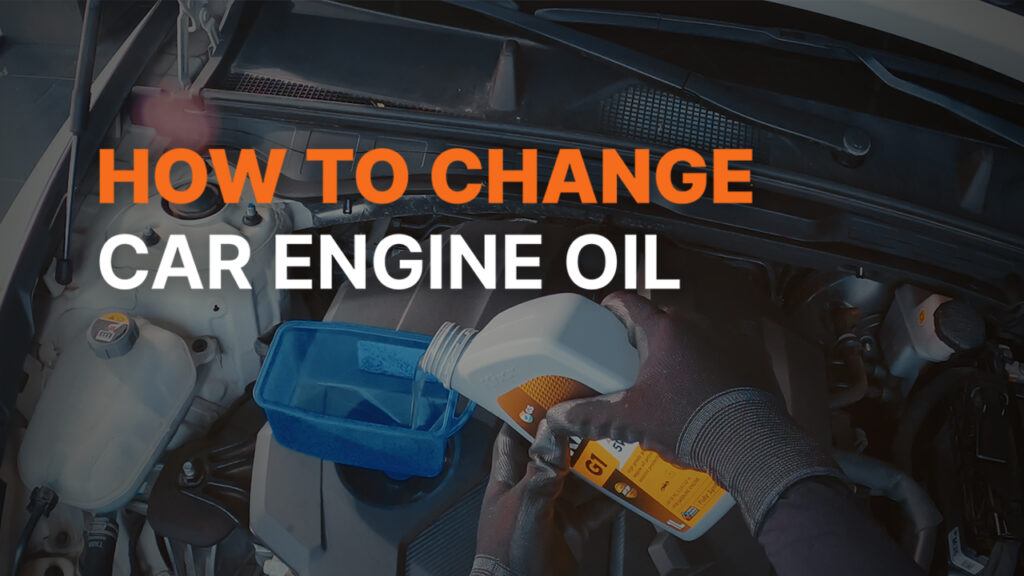
Have you ever found yourself facing a low engine oil warning shortly after topping up? Maybe you’ve found oil leak stains spotting the ground where your car was parked. Pay close attention, because these are signs of a car oil leak. Driving even a short distance with a major oil leak can do massive damage to your engine. Even if it’s not critical, low engine oil can result in worse lubrication and heat circulation. This can lead to major drops in engine performance.
The good news is that most car oil leaks start small. A 1-2 inch puddle, known as “seepage,” usually doesn’t represent an immediate threat to your engine.
Here are a few of the reasons your engine might be leaking oil unexpectedly.
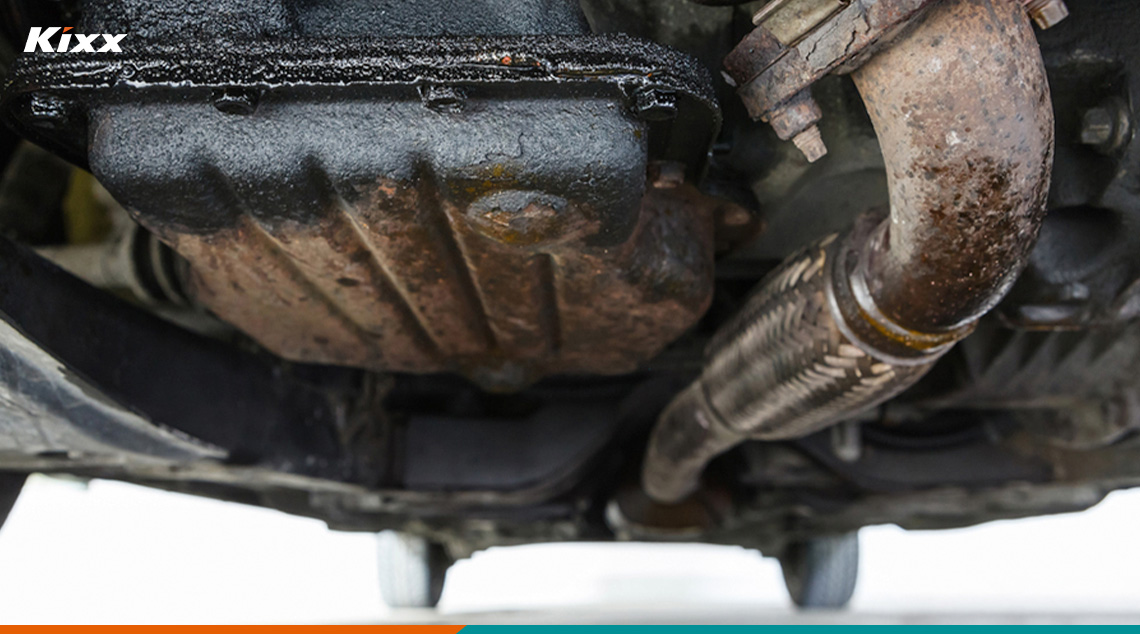
Oil stains under your car may be a sign of a leak.
1. Cracked Gasket: The Core Culprit in Most Engine Oil Leaks
More often than not, a sudden oil leak after an oil change is caused by a malformed or cracked gasket. Gaskets are usually made of urethane or rubber, and they can harden over time. This can cause them to crack when they are exposed to sudden impact or extreme temperature changes. A common time for this to happen is during the transition from a harsh winter to a hot summer. Since the gasket can no longer seal in the oil properly, it drips and spills out underneath your car. Over time, this slowly depletes engine oil levels and leaves you with those shining puddles on the asphalt.
After examining your valves, the gasket is the first place to look for trouble when you suspect an oil leak.
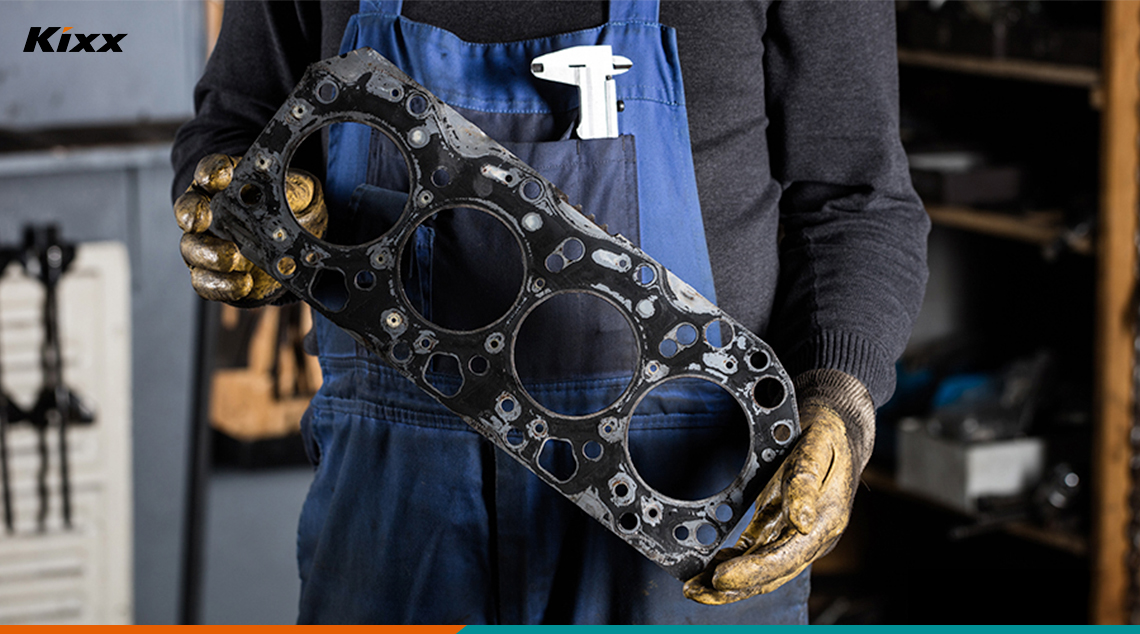
A cracked gasket is a common cause of an engine oil leak.
2. A Faulty Oil Filter or Oil Filter Leakage
Another place to look when finding the source of an oil leak is the oil filter. Fine metal debris and other small particles often get mixed into the engine oil over time. It’s the oil filter’s job to parse these out and keep your engine oil supply free of contaminants. But when the oil filter is installed too loosely, it can start to cause leaks. This allows oil to flow in places it’s not meant to be.
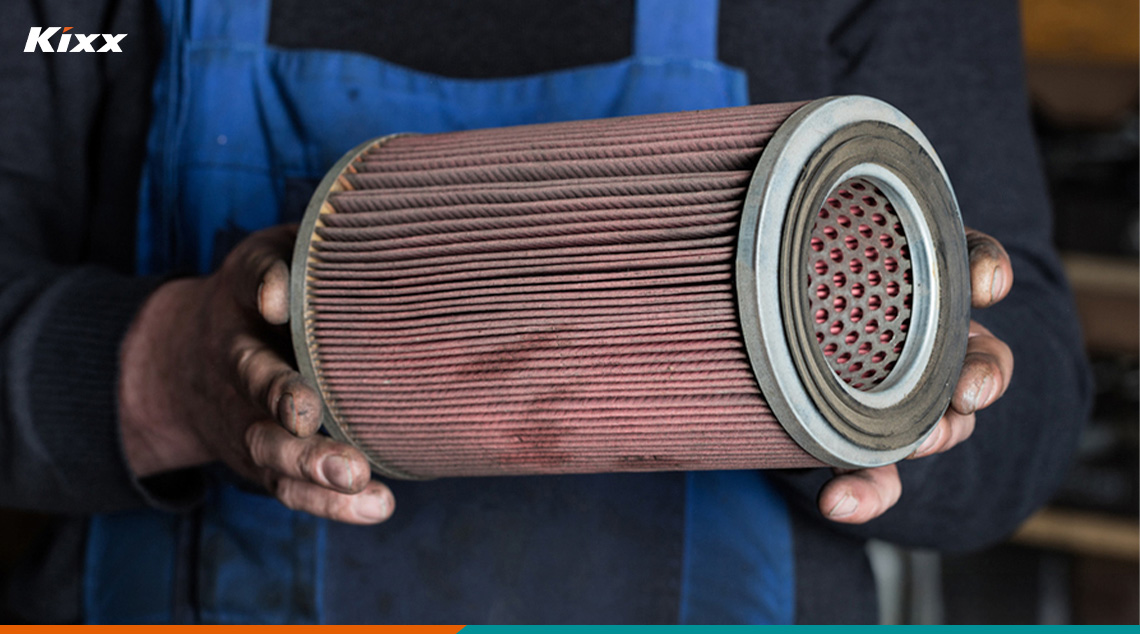
Inspecting your oil filter can reveal the cause of the leak.
If your oil filter is leaking, try tightening it using your hands and a dry towel. If the oil filter still leaks, you may need to go deeper. You can try removing the oil, replacing the oil filter, and then adding in new oil. This will essentially give your vehicle an oil and filter change all at once. Spraying lubricant around the base of the oil filter may tell you whether there are any tiny leaks in the seal. It’s also possible that you check the drain plug and oil filter but don’t find any leaks. In that case, you may need to remove the oil pan and check the gasket.
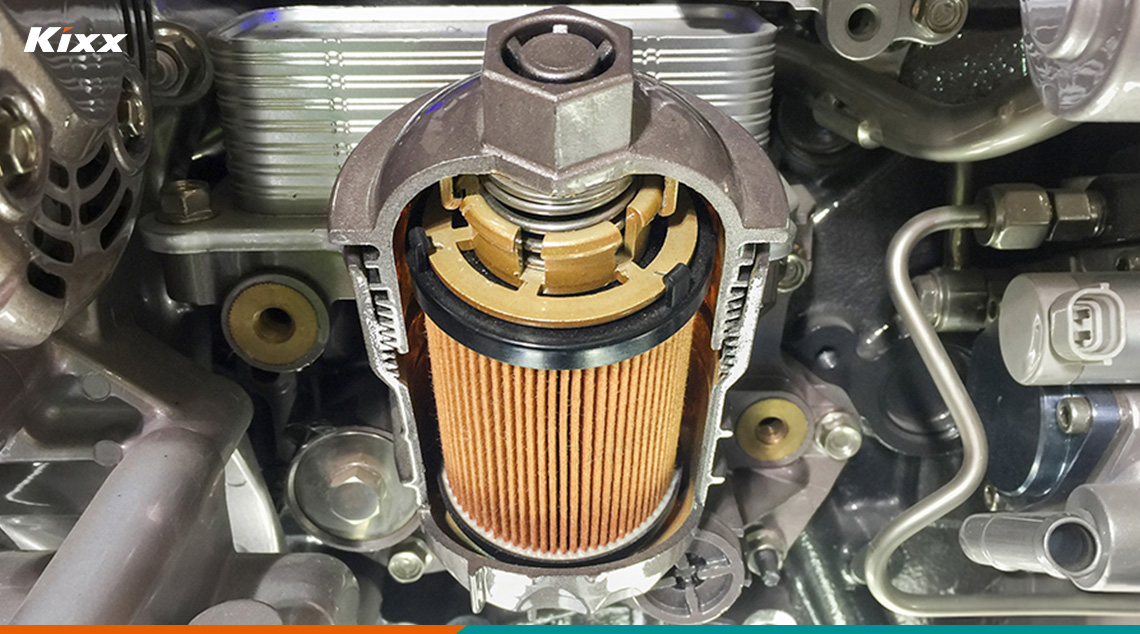
To prevent engine oil leaks, make sure the oil filter is properly installed.
3. Oil-line Connection Issues
Oil leaks can also occur when the various hoses or fittings that carry oil throughout the engine are not properly connected. Connection failures can be caused by incorrect installation, wear and tear, corrosion, or external damage. This type of leak often happens near the oil filter, oil cooler lines, or valve covers. Checking for loose or corroded connections can help you quickly identify this issue.

Driving in cold conditions can speed up the erosion of key engine parts and potentially lead to oil leaks.
4. Driving in Severe Conditions
Driving in highly saline places, especially near the ocean, can lead to more oil leaks than driving further inland. The salty conditions corrode the metal parts of your engine faster than usual. This decreases the durability of your vehicle’s parts and leads to more frequent leaks. Of course, going to the beach once or twice during summer won’t cause you any problems. But many of us happen to live in a coastal area, park near the beach, or drive seaside roads frequently. In this case, it may be beneficial to pay closer attention to what’s going on under your car.
Long drives or excessive acceleration at cold temperatures can also put additional strain on the gasket and other systems. This eventually leads to reduced durability and can potentially result in engine oil leaks.
What to Do if You Find an Oil Leak
If you find signs of an oil leak, the best thing you can do is find the culprit right away. After discovering the faulty part, you should have it replaced or repaired immediately. In extreme situations you may consider using an stop-leak additive. But this is only a temporary measure and won’t resolve the root cause of the problem.
Since small leaks can be tough to find, regular engine inspection and maintenance is ideal. It helps prevent surprises and stops minor car oil leaks from becoming major ones. Checking the oil gauge and inspecting the bottom of your car when changing your engine oil are also great habits. They help you avoid leaks and keep your vehicle running safely for longer.
Related Articles
Related Articles
Recommended Products
Recommended Products
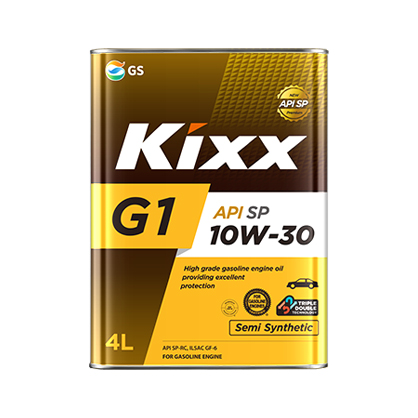

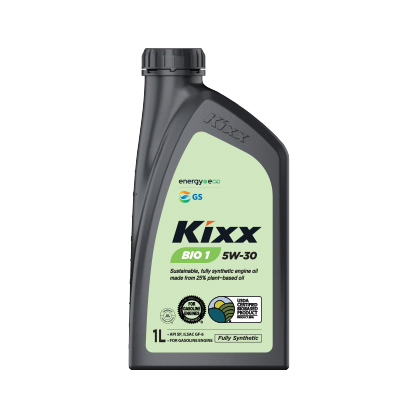
News | Stories | Tips & Info | About Us | Product Finder
GS Caltex Address:
GS Tower 508, Nonhyeon-ro, Gangnam-gu, Seoul, Republic of Korea
Copyright © 2024 GS Caltex Corporation. All rights Reserved
